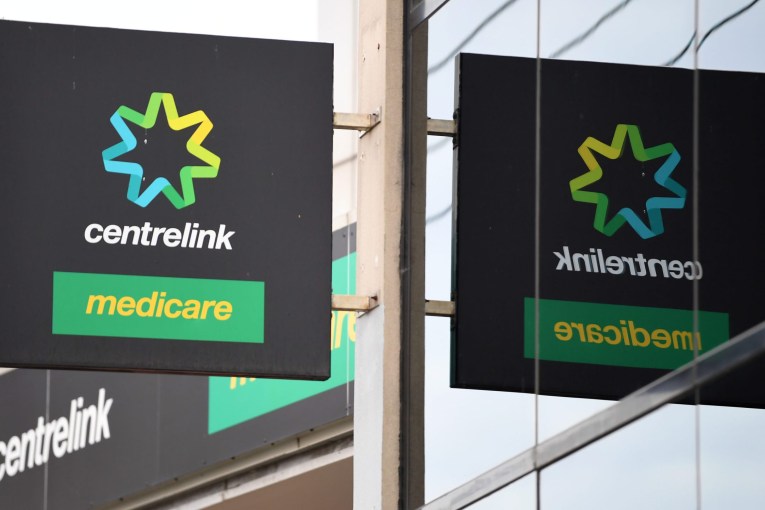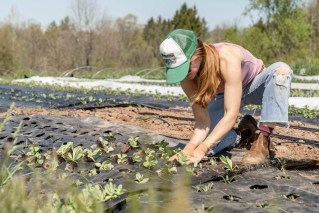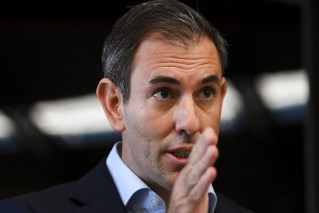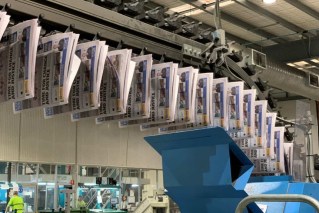Business will recover, but has virus killed the 9 to 5 working life?
A brutal six months is ahead for business, but growth will return and businesses could be changed forever, according to economist Tony Makin.

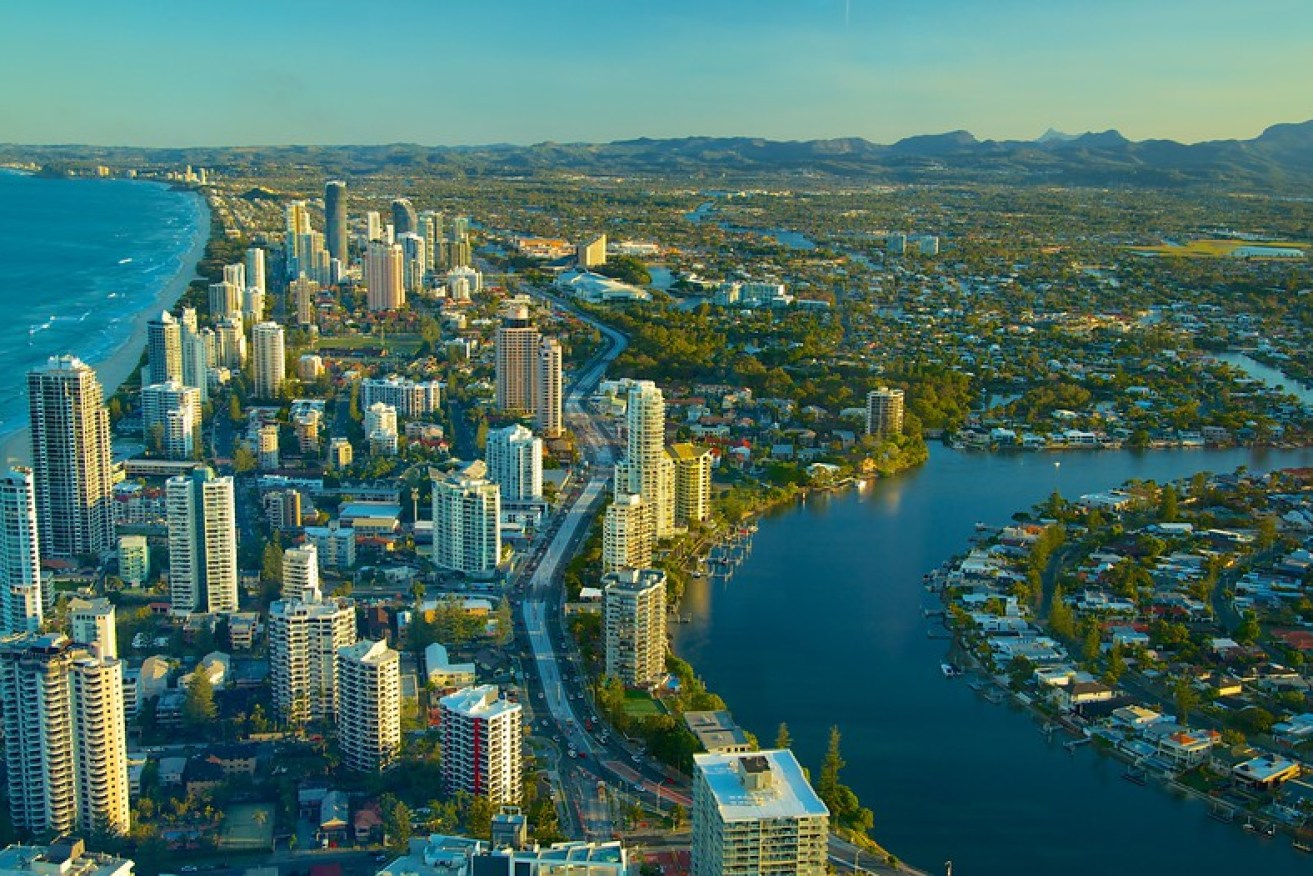
Domestic tourism may recover quicker than international travel.
Even though business is still in survival mode there is light at the end of the tunnel, but the way we do business could be fundamentally changed.
Government will also be dramatically changed.
Griffith University’s Professor Tony Makin said some businesses will emerge well. Others, such as many in the tourism and retail sectors, won’t.
Business practices will change, he said. Working from home may become the norm.
“Maybe the 40-hour week will become a thing of the past,” he said.
“It’s going to have these sorts of implications for the knowledge industry and the service industry.”
In his own experience, universities have gone online and have coped well. Companies such as Ansell have had sales of products including surgical gloves boosted significantly.
A key to survival will be retaining cash, which is why so many companies have scrapped their dividend payouts and share buybacks.
Makin said domestic tourism could recover but international travel would struggle and the cruise industry was in deep trouble.
“There will be pent-up demand to go to gyms and to travel,” he said.
That may be of some comfort to Flight Centre, which has shuttered stores and put thousands on staff on leave or sacked, but this is a company that has had to fight for survival through SARS, the GFC, 9/11 and the massive disruption of the internet.
But it will need a lot of new equity, according to RBC Capital Markets.
“We estimate that Flight Centre will need approximately $400 million of additional capital to trade through until June and retain a reasonable cash buffer,” the brokers said in a note to clients.
“If these activity levels persist for six months or more, this number may not be sufficient to see out the first half of 2021 and we expect Flight Centre will accelerate further cost-out measures.”
Prof Makin said the retail sector was already in big trouble before the pandemic and many would not survive. Others like supermarkets, JB Hi-Fi and others could come out of it well.
Other retailers in the discretionary area will not.
“It’s not all negative,” he said.
But the crisis may increase the pace of transition to on-line retailing.
A major issue will be for goverments and how they recover, Makin said.
The Federal Government has so far poured $320 billion into the economy through measures that can’t be described as stimulus because they were about survival. How it recovers those funds will be telling. Taxes could rise and spending programs could be reduced significantly.
Writing in his blog, economist Gene Tunny said the public debt mounting up was an issue.
“The Australian Office of Financial Management (the Government’s debt management office) is scrambling to figure out how it’s going to fund the Government’s commitments and the revenue shortfall,” Tunny said.
Queensland already has a significant debt problem and won’t be receiving much in the way of GST revenue from the Federal Government. The slowdown in China before the pandemic had already had a negative impact on the resources sector and the royalties it pays to the states.
Makin also thinks it will take a long time for consumer confidence to recover. The 30 per cent drop in the share market is a factor in that and he doesn’t anticipate the ASX will get back to its previous levels any time soon.
